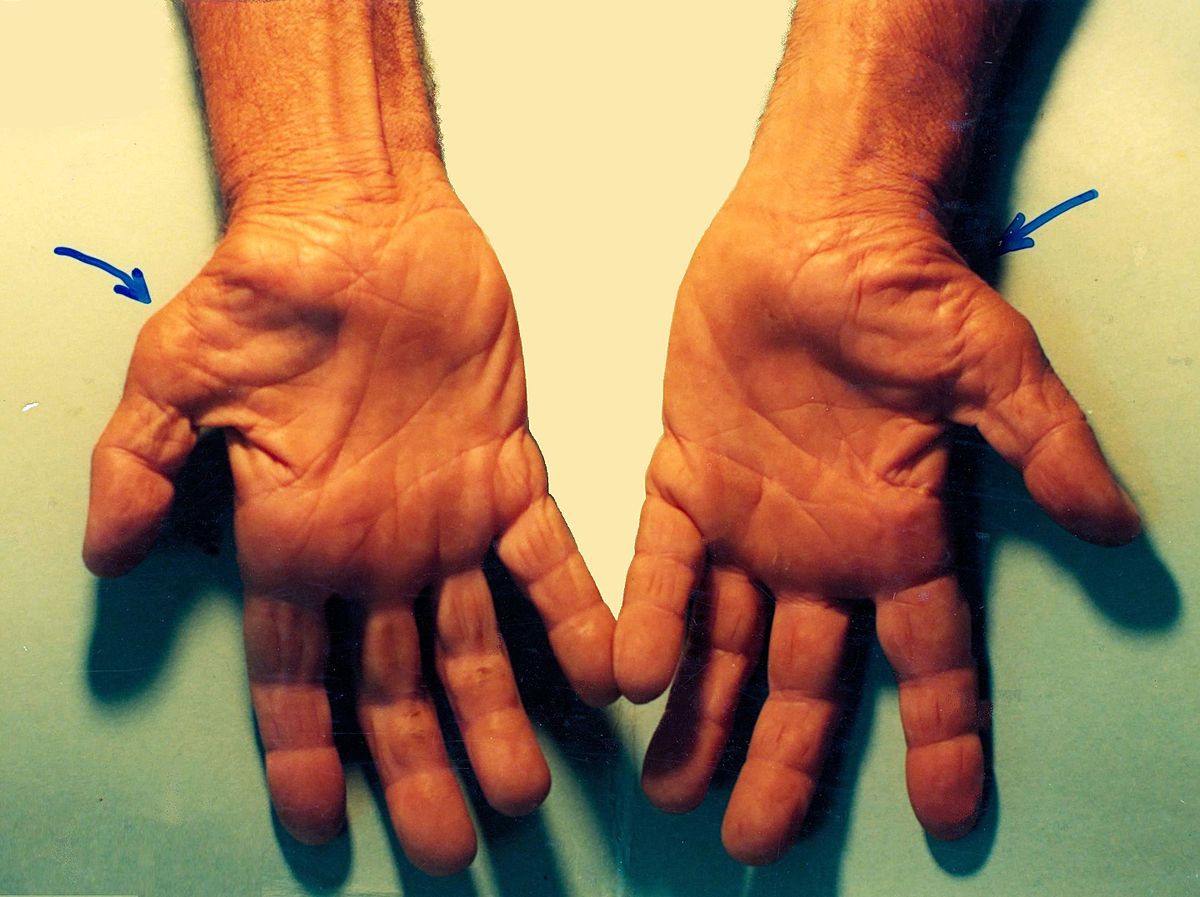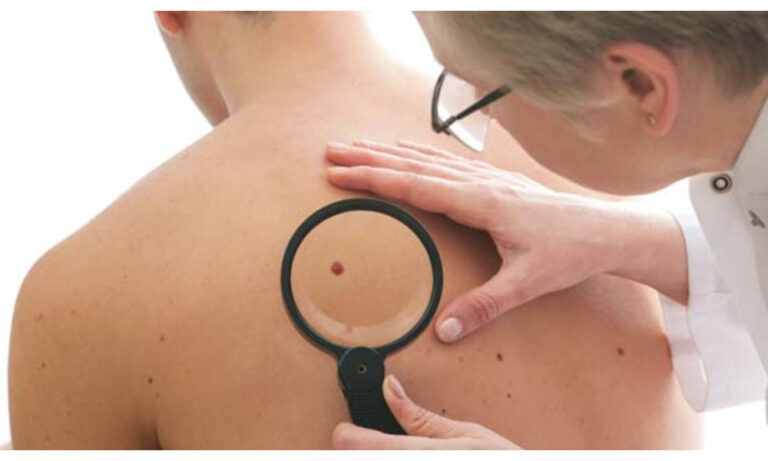
Do you suffer from pain, tingling, and numbness in your hand and wrist? It could be carpal tunnel syndrome, and you should see an orthopedic surgery specialist who can alleviate the discomfort. Look for an East Brunswick carpal tunnel expert who will give you the treatment you need using modern technology to ensure that you get back to your daily activities. During your visit, you can also learn the causes, symptoms, and the treatment of carpal tunnel syndrome. Read on to learn how to deal with carpal tunnel syndrome.
What Causes Carpal Tunnel Syndrome?
Carpal tunnel syndrome is a disorder that occurs when the main nerve that controls the sensation in the fingers and palms is pinched or compressed. Median nerve compression can result from obstruction of blood flow resulting from diabetes, high blood pressure, thyroid function, trauma on the wrist, and fluid retention from menopause and pregnancy. The other cause is the wrist anatomy, as it is overextended when using a mouse or keyboard. You need to check the position of your wrist, repeated movements when typing or using a piano. Exposure to vibrations also can lead to compressions on the median nerve.
Symptoms of Carpal Tunnel Syndrome
The Carpal tunnel syndrome symptoms can vary from daytime to nighttime because the hand is relaxed at night while busy during the day. During the day, you can experience tingling in the fingers and reduced feeling in the fingertips, causing difficult tasks like handling objects, writing, using a keyboard, and steering a wheel when driving. At night you can experience pain and numbness in the fingers that can disturb your sleep. Treating these symptoms earlier before they become severe can reduce the chances of you opting for surgery.
Diagnosis
You need to discuss with your doctor your medical history so that the cause of the condition can be traced. Physical examination of your hand determines if there is any other cause of the nerve pressure and if the pressure has caused any deformities, swelling, and tenderness. The strength of the muscles and sensation of your fingers will also help your doctor when advising you on the best treatment plan. If you don’t show any physical symptoms, your doctor might diagnose Carpal Tunnel syndrome with MRI scanning and X-rays.
Treatment of Carpal Tunnel Syndrome
The treatment option is recommended depending on how severe your symptoms are. You can practice non-surgical treatments to avoid a position that strains your wrists; if you have any inflammations, you can take pain medications. Treat any underlying condition if you have arthritis or diabetes. Surgery is the last treatment option if the pressure has affected the median nerve or if all the non-surgical methods do not work. Surgery lessens the pressure on the median nerve by cutting the excess tissues that cause pressure in the wrist. The success of the surgery is affected by age, underlying conditions, and duration of the symptoms.
Final Thoughts
Carpal tunnel symptoms can be treated with lifestyle changes and physical therapy before they become severe. You can prevent the Carpal tunnel syndrome condition by regularly exercising your wrist and watching the types of tasks. It is essential to talk with your doctor if you are struggling with the symptoms. Best of luck finding the right treatment for the carpal tunnel symptoms.




